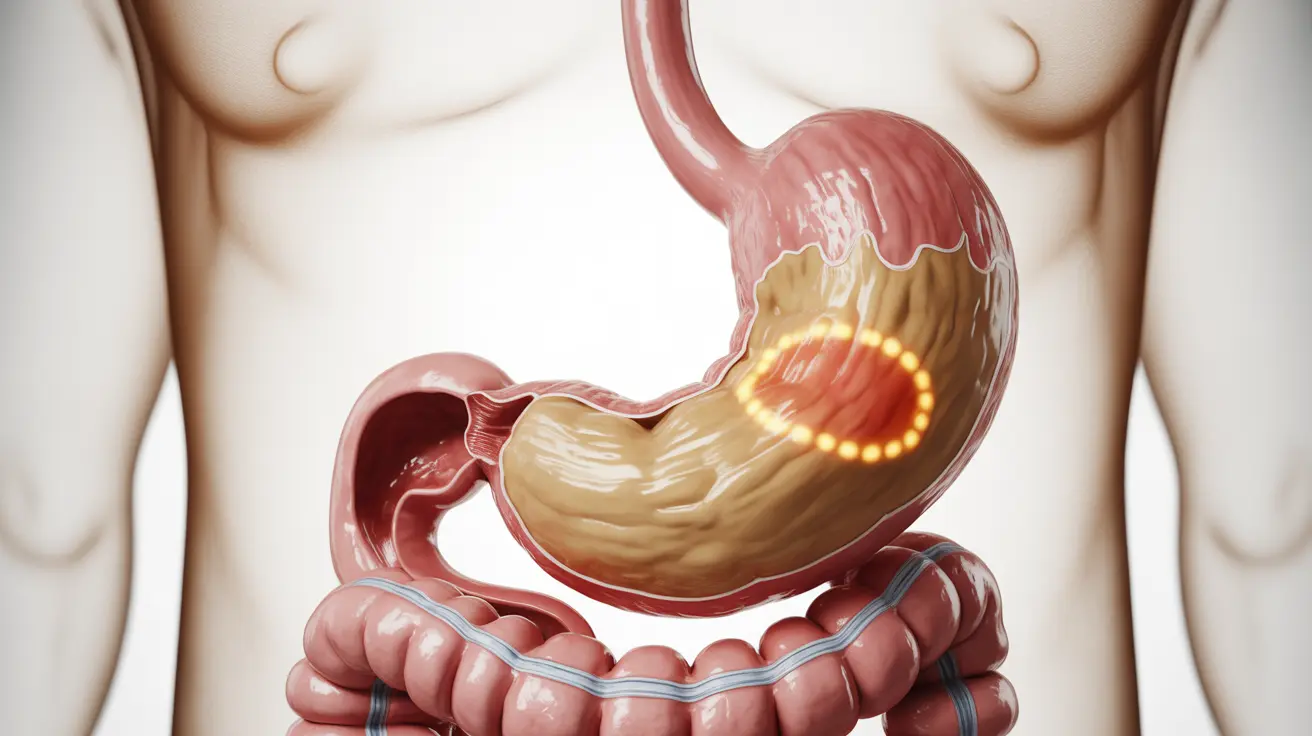Intractable vomiting, also known as refractory or persistent vomiting, is a serious condition where nausea and vomiting continue despite initial treatment attempts. This distressing condition can significantly impact a person's quality of life and may indicate an underlying medical condition requiring immediate attention.
Understanding intractable vomiting is crucial for both patients and healthcare providers, as it can lead to severe complications if left untreated. This comprehensive guide explores the causes, diagnosis, treatment options, and warning signs that indicate the need for urgent medical care.
Common Causes and Diagnosis
Intractable vomiting can stem from various underlying conditions, including:
- Gastroparesis (delayed stomach emptying)
- Cyclic vomiting syndrome
- Pregnancy-related conditions like hyperemesis gravidarum
- Central nervous system disorders
- Certain medications or chemotherapy
- Metabolic disorders
- Intestinal obstruction
Healthcare providers typically diagnose intractable vomiting through a comprehensive evaluation that may include:
- Physical examination
- Detailed medical history
- Blood tests to check electrolyte levels
- Imaging studies (CT scan, MRI, or ultrasound)
- Gastric emptying studies
- Endoscopy in some cases
Treatment Approaches
When standard anti-emetic medications prove ineffective, healthcare providers may explore several alternative treatment strategies:
Medical Interventions
- Alternative anti-emetic medications
- Intravenous fluid therapy
- Nutritional support
- Treatment of underlying conditions
- Specialized medication combinations
Additional Therapeutic Options
Some patients may benefit from:
- Cognitive behavioral therapy
- Acupuncture or acupressure
- Medical marijuana (in eligible patients)
- Dietary modifications
- Small, frequent meals
- Avoiding trigger foods
Complications and Monitoring
Intractable vomiting can lead to several serious complications that require careful monitoring:
Physical Complications
- Severe dehydration
- Electrolyte imbalances
- Malnutrition
- Weight loss
- Metabolic alkalosis
- Esophageal damage
Warning Signs
Monitor for these indicators of severe dehydration:
- Dark urine or decreased urination
- Extreme thirst
- Dry mouth and lips
- Dizziness or lightheadedness
- Rapid heartbeat
- Weakness or fatigue
When to Seek Emergency Care
Immediate medical attention is necessary if you experience:
- Severe abdominal pain
- Blood in vomit
- Inability to keep any fluids down
- Signs of severe dehydration
- Mental status changes
- High fever
- Severe weakness
Frequently Asked Questions
- What are the most common causes of intractable vomiting and how is it diagnosed?
Intractable vomiting is commonly caused by gastroparesis, cyclic vomiting syndrome, pregnancy complications, and neurological disorders. Diagnosis typically involves physical examination, blood tests, imaging studies, and sometimes endoscopy to identify the underlying cause.
- How is severe and persistent vomiting treated when standard anti-nausea medicines don't work?
Treatment may include alternative anti-emetic medications, IV fluid therapy, nutritional support, and addressing underlying conditions. Some patients benefit from complementary therapies like acupuncture or cognitive behavioral therapy.
- What are the signs of dehydration to watch for if someone has intractable vomiting?
Key signs include dark urine, decreased urination frequency, extreme thirst, dry mouth and lips, dizziness, rapid heartbeat, and weakness. Skin may also lose its elasticity, and eyes may appear sunken.
- Can intractable vomiting lead to complications like electrolyte imbalance or weight loss?
Yes, intractable vomiting can cause serious complications including electrolyte imbalances, dehydration, malnutrition, significant weight loss, and metabolic problems. These complications can be dangerous if not properly managed.
- When should I seek urgent medical care for ongoing vomiting that won't stop?
Seek immediate medical attention if you experience blood in vomit, severe abdominal pain, inability to keep fluids down, signs of severe dehydration, mental status changes, high fever, or severe weakness. These symptoms may indicate a serious underlying condition requiring emergency treatment.




